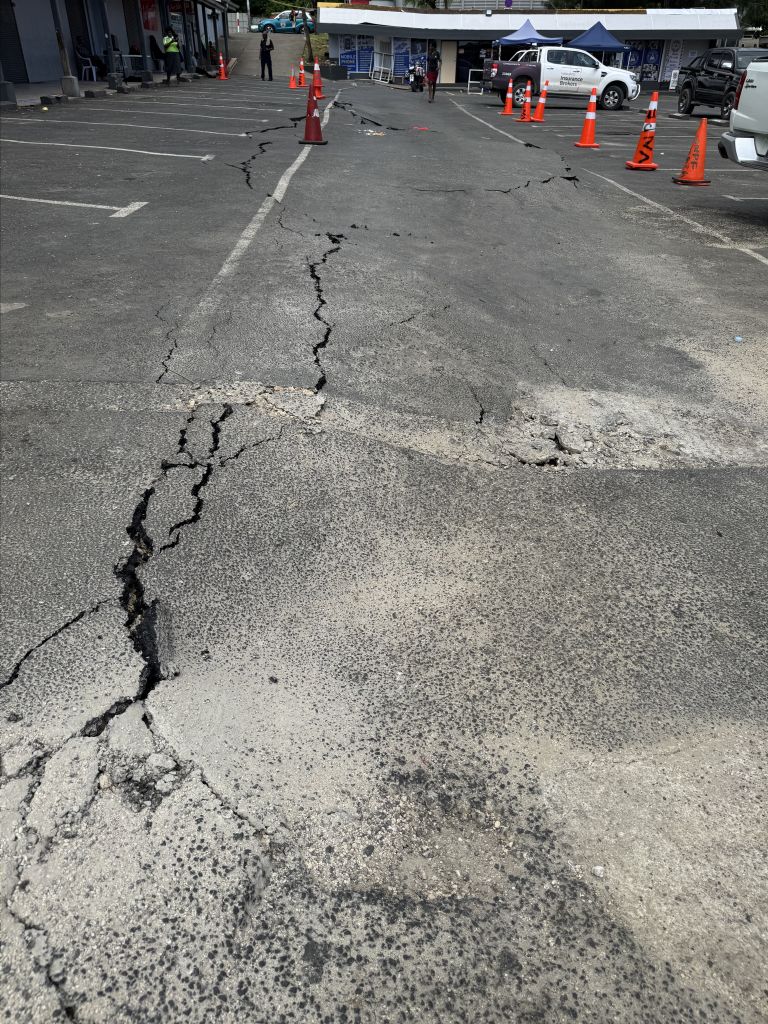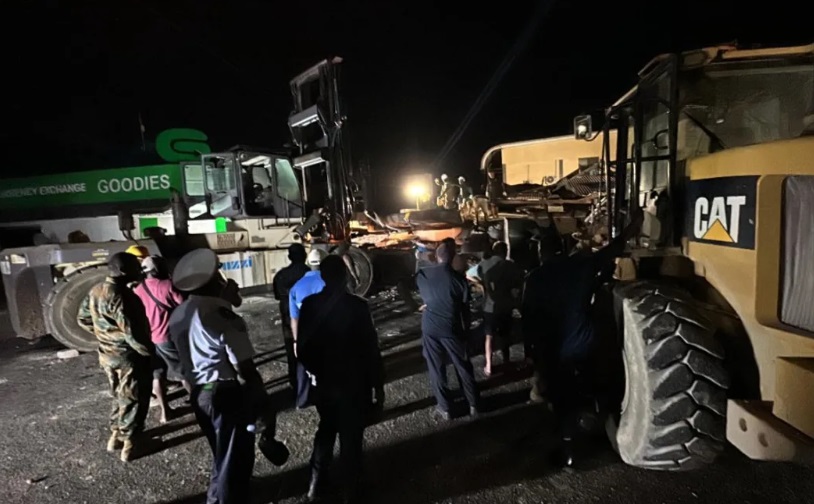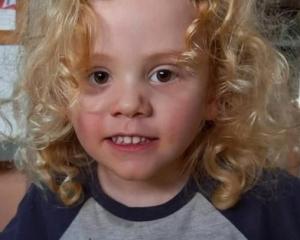Rescuers in Vanuatu are continuing to search for people trapped after a 7.3 magnitude earthquake struck Port Vila on Tuesday, killing at least 14 people, and damaging two reservoirs, foreign embassies and a hospital.
At least 200 people are being treated for injuries at the capital's main hospital with at least 14 confirmed deaths, a Red Cross official said on X, citing the Vanuatu government.
"Rescue ops continue to free those trapped after the quake, and attention turns to urgent needs like first aid, shelter, and water," said Katie Greenwood, Head of the Delegation for the Pacific at the International Federation of Red Cross and Red Crescent Societies.

"Even just two minutes ago, we had another shock ... probably wouldn't even count how many. Loads and loads of aftershocks throughout the night," Australian Caroline Bird, who manages a resort in Port Vila, told ABC News on Wednesday.
Vanuatu is a low-lying archipelago of some 80 islands and is located in a seismically active area.

An RNZAF Hercules left Whenuapai this afternoon, carrying Urban Search and Rescue personnel, Ministry of Foreign Affairs and Trade staff, and equipment to Vanuatu.
NZDF says a second Hercules is scheduled to depart early on Thursday.

"We have personnel and platforms on stand-by to respond, and planning is ongoing to provide what Vanuatu needs,’’ he said.
A Hercules air force plane was already in the air when it found out the crew could land at the airport in Port Vila.

He says the crew aims to get drones in the air tonight and gather as much information as possible about where people are trapped.
Nally says the firefighters and medics are veterans, who have helped in rescue efforts across the globe as well as in New Zealand, such as the 2011 Christchurch earthquake.
The Defence Force says it will airlift emergency workers, equipment and supplies to quake-hit Port Vila.
The air force today carried out a surveillance flight over key infrastructure sites such as the port and the city's airport.
Crew members are staying the night in Fiji and will undertake another surveillance flight tomorrow.
Images taken from the plane will be used to help authorities understand the extent of the damage.
Meanwhile, a New Zealander in Vanuatu has described the sound of the earthquake that struck Port Vila as horrible.
Stu McEwen says he was changing a door handle when the quake struck and was struggling to stand as the ground violently shook.
He says it sounded like a car driving over judder bars right next to his ears.
National broadcaster VBTC showed footage of vehicles crushed under the debris of collapsed buildings and boulders strewn across a highway.
Drone footage showed landslips near a shipping terminal, while triage tents have been set up outside Port Vila's hospital to manage the influx of patients.
Caretaker Prime Minister Charlot Salwai has declared a state of emergency and imposed a curfew for seven days in the worst-affected areas. International assistance has been sought.
Vanuatu's National Disaster Management Office says restoring power lines to key essential services is a top priority.
Footage posted on social media showed collapsed concrete pillars on a building hosting foreign missions in the capital, including the United States, British, French and New Zealand embassies.
Australia said it was preparing to deploy assistance and New Zealand said it would send a Defence Force plane today to check if aircraft can land in Vanuatu, where the international airport remained closed.
The United Nations Office for the Coordination of Humanitarian Affairs estimated 116,000 people, around one-third of the country's population, had been affected by the quake.
Australian Mike Thompson, who has been living in Vanuatu for two decades and runs a zip line adventure business there, told ABC News that he had been helping to dig people out of the rubble overnight.
"My daughter turned 20 yesterday; she was at a restaurant... she had a statue fall down on her and you realise how lucky you are to have such a close call."













